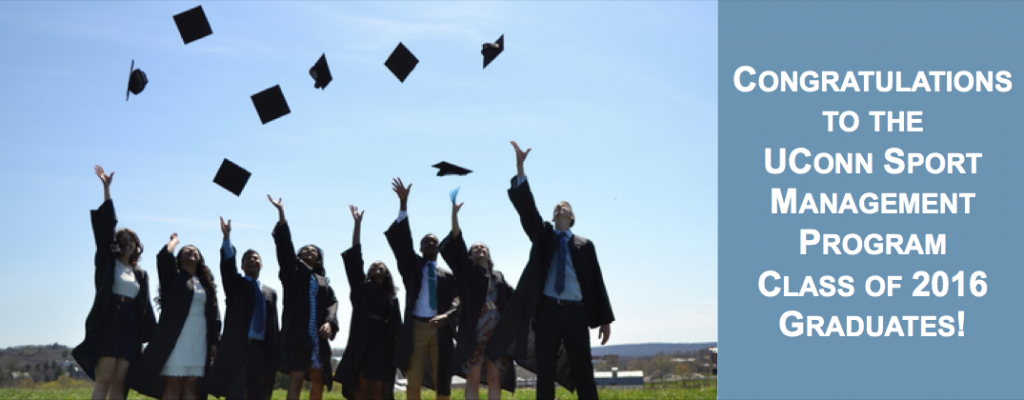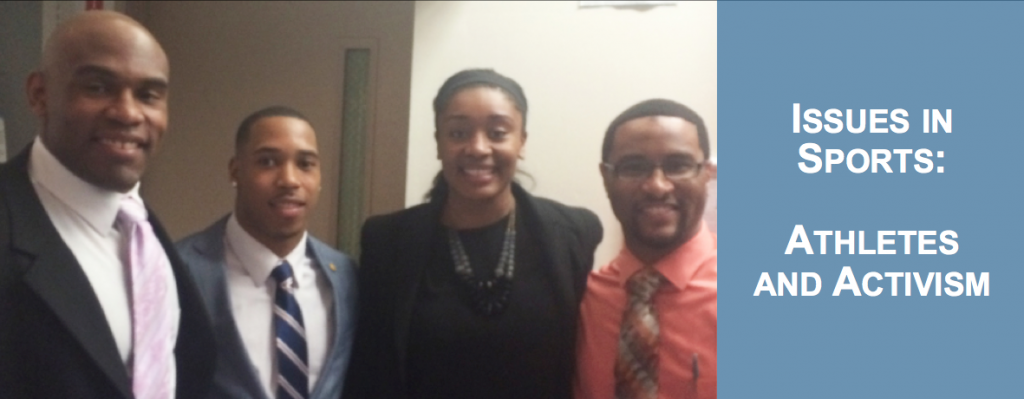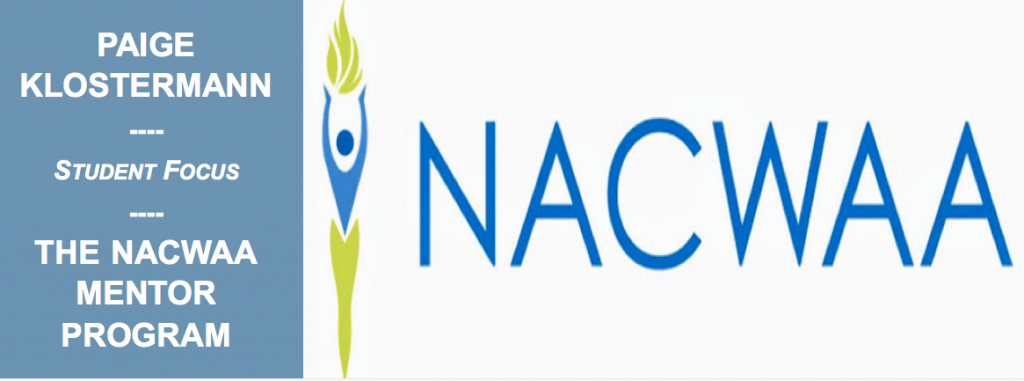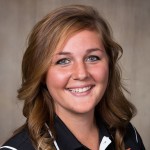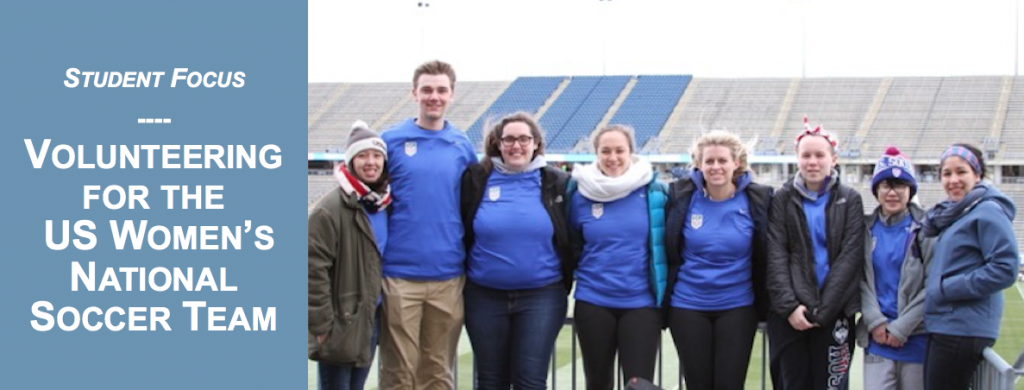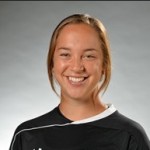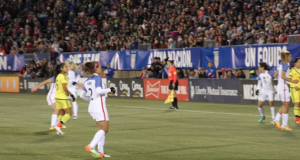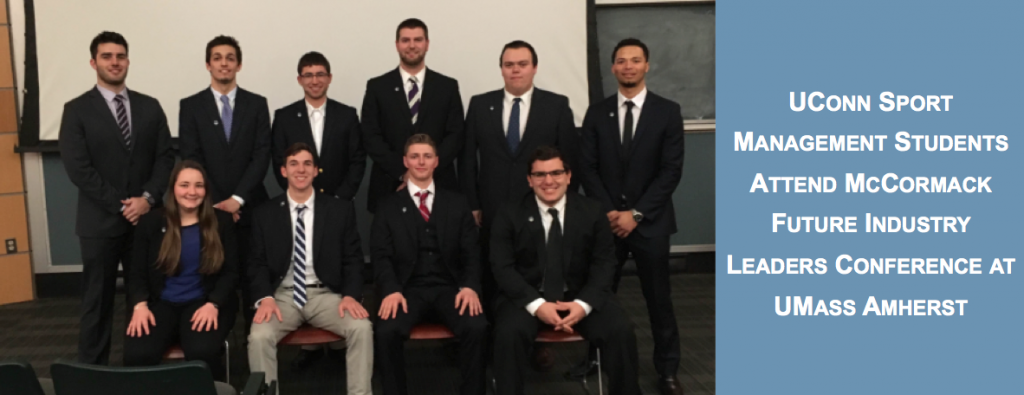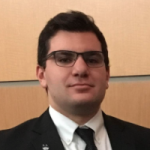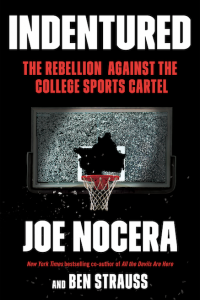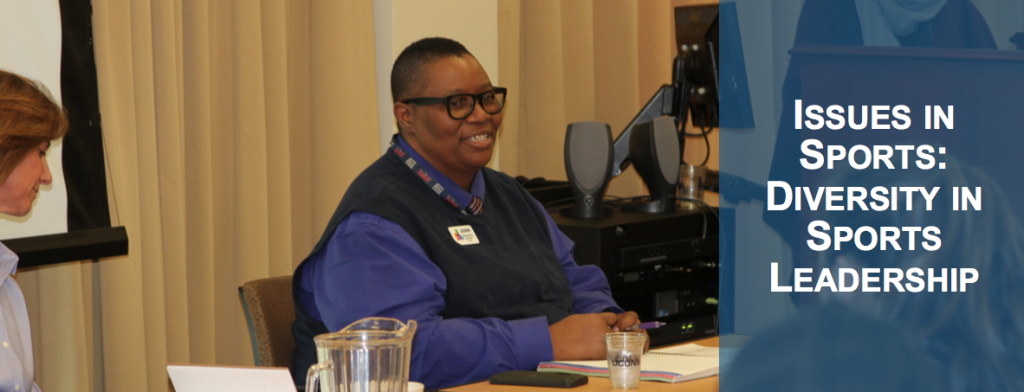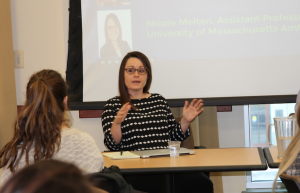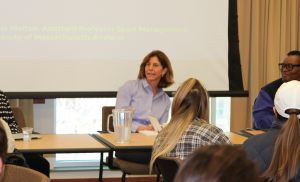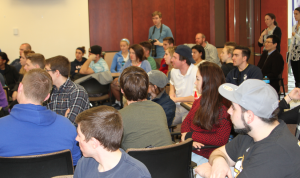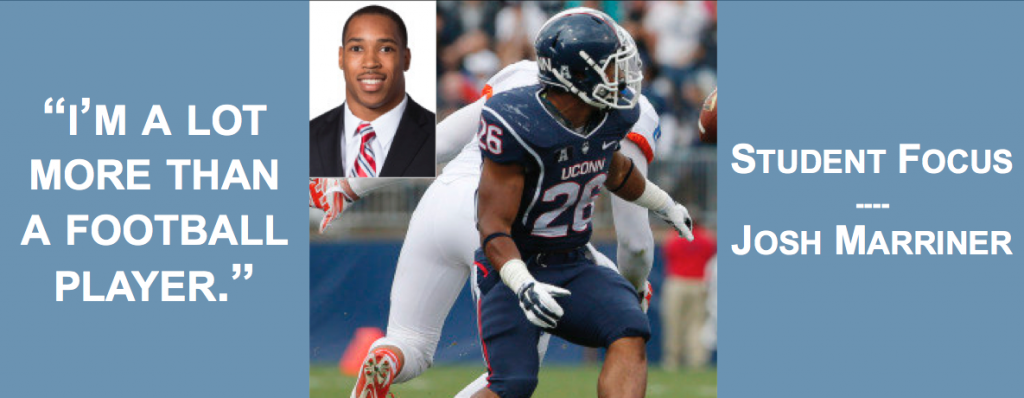Story written by: Zachary Volo
I remember seeing “Daytona International Speedway Guest Relations, Spring 2016” so vividly. After relentlessly looking for internship opportunities where I would be able to extend my horizons, I applied on a whim knowing they were undergoing one of the largest renovations in sport history. Three weeks and two interviews later, I knew I was spending the spring semester of 2016 in Daytona Beach, Florida to be a part of one of the most iconic days in motorsports history.
During the twelve-week program, the experience encompassed a wide variety of work in the sport management field, specifically on the operations side. Most of my work focused directly on ensuring the newly built stadium was going to offer the best guest experience not only in motorsport, but in all of sport. In doing so, I was able to learn the magnitude of importance properly staffing an event holds in the bigger picture.
After countless hours of updating employee availability, building the schedule, and a whirlwind of unprecedented stress, I was able to take a step back and watch all my hard work pay off at multiple NASCAR events. The most notable of those being the Daytona 500, which required a grand total of 724 employees to staff the stadium properly. Although I have never been to a race before, I have been to multiple sporting events, and after this experience I will never look at them the same. I will forever appreciate the amount of work, time, and effort that certainly went into hosting that race, game, or match.
The University of Connecticut Sport Management program has molded me into a young professional equipped to take on any and all challenges in the sport business world. Over the course of my time at UConn, I have built relationships with the faculty and students that I know will last a lifetime. Whether working as an Athletic Administrative Assistant to the university’s Athletic Department to being a member of the Sport Business Association, UConn has allowed me to open doors I never thought imaginable. I guarantee I would not be where I am today without the help this program has provided me. An education experience like this comes few and far between, and I am both proud and grateful to be a Husky.
